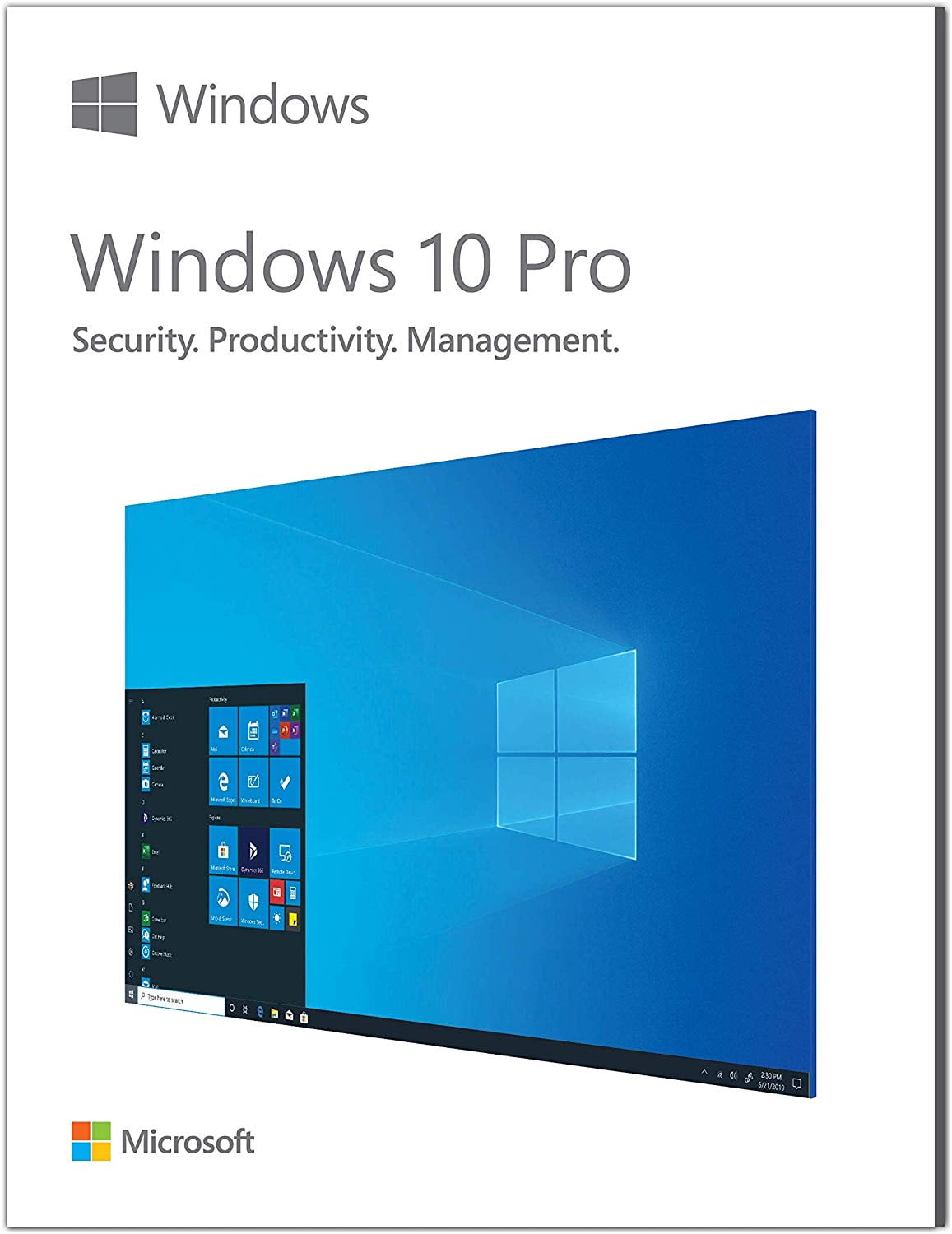

LibreOffice and OpenOffice have a few things in common. So, LibreOffice was created as a replacement for .īut, now that OpenOffice still exists and is actively maintained, why should you choose LibreOffice? Isn’t OpenOffice good enough? What are the similarities between them? What’s Common in LibreOffice and Apache OpenOffice? When Apache started maintaining it, the name of the office suite was tweaked to “OpenOffice” or Apache OpenOffice.ĭuring this transition period, The Document Foundation forked to create LibreOffice, fearing that Oracle would discontinue the project. Later, Oracle acquired Sun Microsystems and eventually ditched while submitting the code base to Apache. It was introduced as an open-source version of StarOffice (acquired by them initially) to compete with Microsoft Office. It's fallen behind LibreOffice in recent times, but OpenOffice remains a good choice for those looking for an alternative to Microsoft was a project developed by Sun Microsystems. OpenOffice also saves your documents in the open document format (ODF) meaning that they can be opened within other office suites, even Office itself. Everything you need to run your business. OpenOffice ships with a document writer, a spreadsheet, a presentation maker and many other modules. That compares favourably to the Mac and Windows versions of Office, which are very different beasts, making it hard to become experts across both. Despite losing its way of late - leading to rival LibreOffice taking the lead, OpenOffice is now firmly back on track and making waves of its own.įor those uninterested in such rivalry, the key thing to note is that OpenOffice will write and open most Office formats, while its cross-platform nature means you can use it across Windows, Mac and Linux without having to learn a whole new way of doing things. Of those free alternatives, the granddaddy is OpenOffice, the first serious rival to Microsoft Office.

The need to run Office for compatibility's sake is no longer as compelling as it was either, with a raft of free alternatives all capable of opening even the latest Office document formats with few problems. But both don't come cheap, which can make it a prohibitive cost for an individual or small business. If a friend or colleague asks you to recommend an office suite, your first thought is likely to be Office for PC or iWork for Mac.


 0 kommentar(er)
0 kommentar(er)
